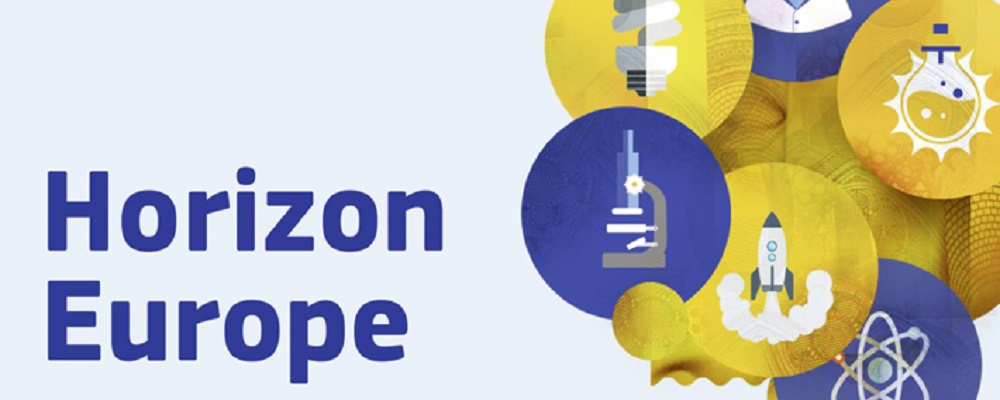Science | Business has analyzed and reconstructed the current dispute in Brussels concerning the payment methods that the European Union uses to remunerate researchers from eastern and western countries participating in European projects.
In most cases the Commission reimburses universities and other bodies in relation to how much scientists are normally paid in their countries, and given the economic disparities in Europe, there are obvious imbalances: on average € 3,240 per month are for researchers in the poorest countries, generally in the east, against € 5,260 in the richer states of the north-west area.
Although some members argue that the fact itself is not respectful, they add that a European research program cannot be used to solve a national economic problem, which would instead fall within the scope of funding for a cohesion policy.
The dominant European players in research and development – Germany, France, the United Kingdom, the Netherlands, the Nordic countries – identify their main mission in strengthening science, technology and competitiveness at European level: and have also helped to structure the framework program for achieve this end. The fact that their universities and companies are also the main beneficiaries is the product of decades of huge national investments in the R&D area.
On the other hand, many Eastern European countries – such as Slovakia, Romania, Poland and Hungary – see the pay gap as a further boost to the brain drain to more western countries. Overall, the 13 most eastern countries that have joined the EU since 2004 receive 4.8% of total funding, while representing 17% of the European population. Furthermore, after Brexit, they could see the subsidies for agriculture and cohesion policy reduced.


